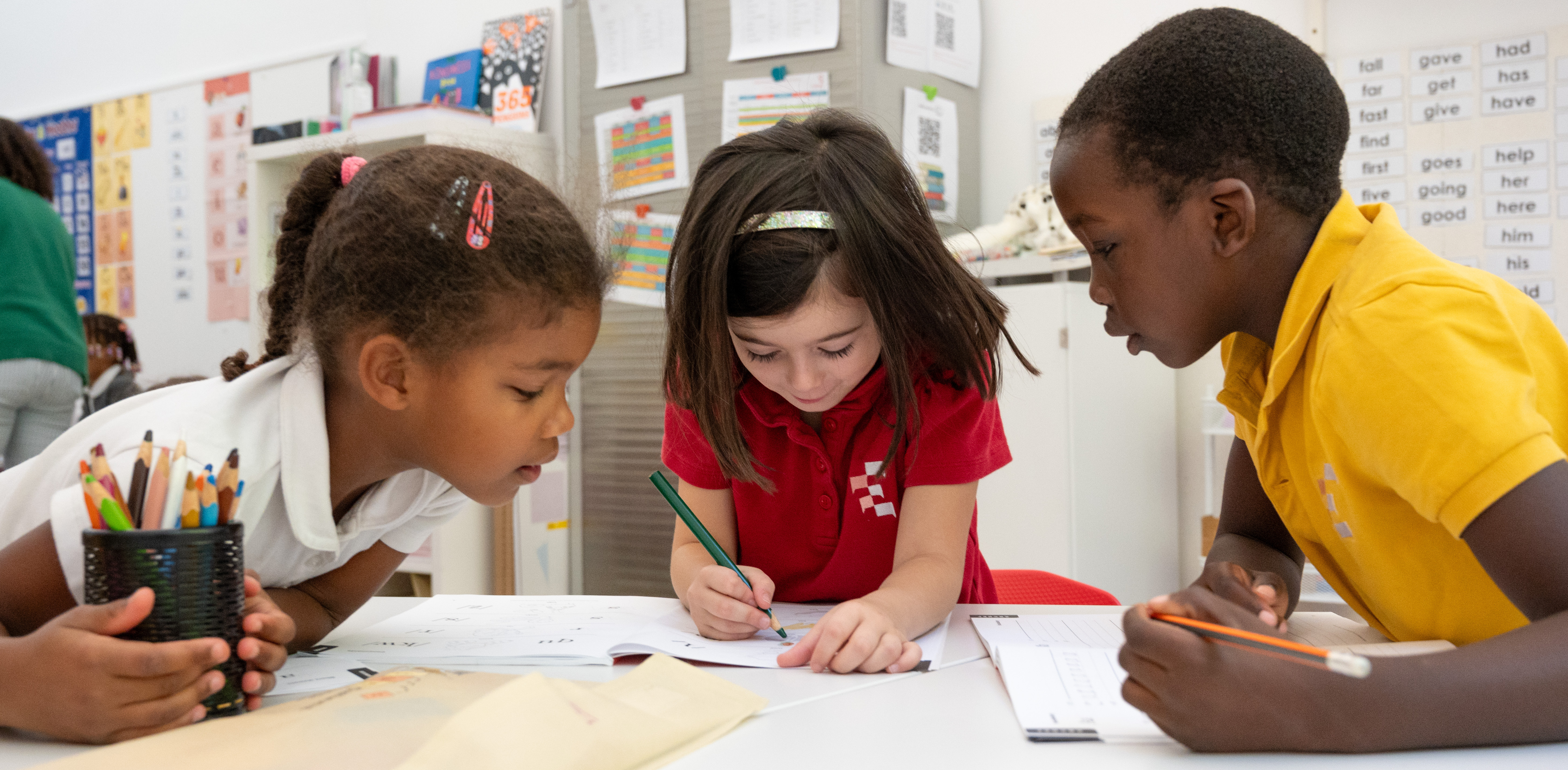The return of After-School activities means the return of conversations in the lobby of the Elementary and Middle School Building with parents who are waiting to pick up their kids from drum class or Capoeira. It’s a chance, as the day is winding down and I’m preparing to head home, for me to catch up with moms and dads I don’t see that often. During one of those catch-up conversations, Ilkka (Cato from 2nd Grade’s dad) recommended a podcast that had really made him think.
In his podcast, Adam Grant discusses the difference between what parents want for their children (that they be happy, generous, open, and empathetic) and what children think their parents want for them (that they do well at school, get good grades and great results). The divergence is explained by language and adults’ daily dialogues with children. At dismissal, we ask if they worked hard at school and not if they helped a classmate today. When they come back from a game, we ask if they won rather than if they had a good time. These small linguistic habits give children a false idea of what their parents (and the adults they know) want for them.
It is not necessarily antithetical to want children to be caring and also get good grades. In fact, that double objective is precisely what schools aim to achieve. At The École, our mission is to ensure that our students can join the very best high schools (therefore, we need to demonstrate top-class academic achievements in order to position our school in what is, like it or not, a competition.) At the same time, we strive to develop children’s soft skills so they can join that very competition in a less self-centered way (cynics will say that if soft skills lead, as Grant puts it, to better results, then empathy is a fortuitous side effect of the quest for success.)
What balance can be found in the words we use to obtain that double objective? As a head of school, it’s a question that I ask myself every day – not only when it comes to children but also to adults. How can I be sure that everyone understands my vision for our school? What can I do to make sure that vision is not hijacked by daily micro-decisions that seem to contradict the bigger picture? Like a parent who, without thinking twice, asks their child if they worked well at school instead of asking if they did anything to help a classmate, I know I can be guilty of focusing too much on academics in the middle of a meeting. I can only hope that on such occasions, it’s not the only thing attendees take away about me, my vision, and how I try to share it.
The balance is delicate. It’s becoming increasingly evident to me that if we want our children to do well at school and be generous, open, and empathetic toward others, then we have to teach it explicitly, the way we do math, literature, or science. I would be delighted to hear from our community over the coming weeks about what we really want for our students at The École. And I would like for the children to hear it loud and clear.
Thank you, Ilkka, for sharing.
Wishing you all an excellent long weekend. The school will be closed on Monday for Yom Kippur. May those of you who celebrate be inscribed in the Book of Life.


